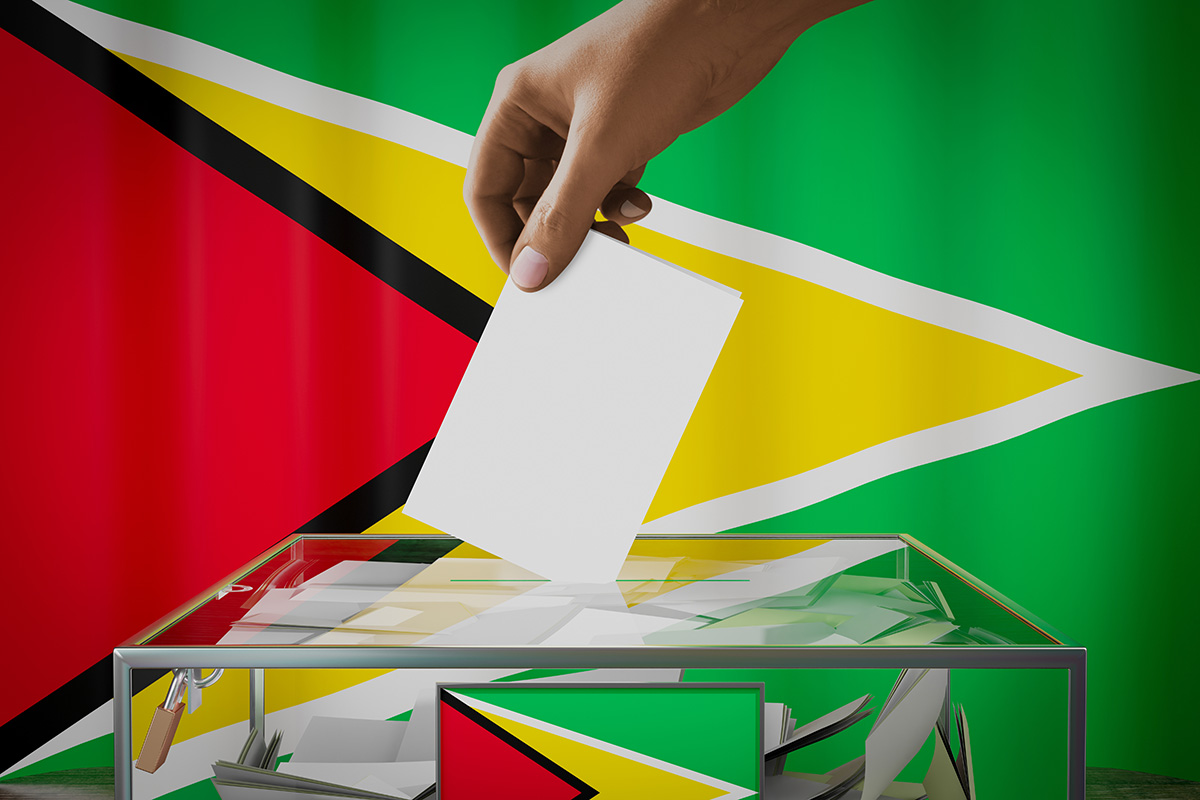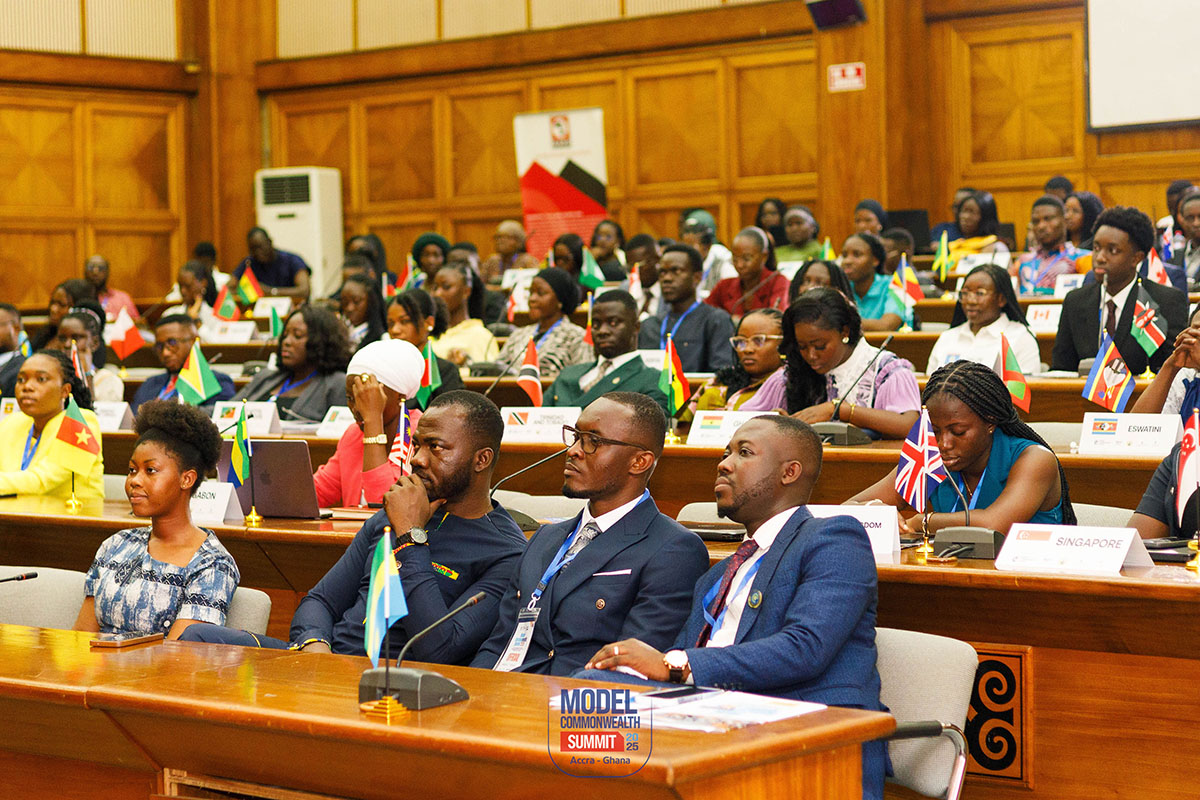France in Turmoil
January 6by Faseeh Abbas
France has been plunged into an unprecedented political crisis following the 2024 French legislative elections, which produced a hung parliament. The aftermath has tried the institutions of the Fifth Republic, forcing the question of its survival in the face of growing political fragmentation. Following weeks of political stalemate, François Bayrou was appointed Prime Minister on December 13, in what has been the latest episode in this saga.
Background: The Hung Parliament and Macron’s Gamble
The June 2024 legislative elections, which President Emmanuel Macron called after the National Rally’s (RN) strong showing in the European Parliament elections, resulted in a fractured parliament. The left-wing New Popular Front (NFP) won a plurality with 193 seats, followed by Macron’s Renaissance with 166 seats and the RN with 142 seats. The resignation of Prime Minister Gabriel Attal’s government on July 15 plunged France into political uncertainty.
The rejection of Lucie Castets, the NFP candidate for prime minister, broke the long tradition of cohabitation and added to the tensions. His effort to form a centrist coalition was frustrated by defections from key factions of the Socialist Party and the Greens, minority members of the NFP. The National Rally took a low-profile strategy, capitalizing on the discord between Macron and the left.
The Barnier Government: A Short-Lived Experiment
By early September, Macron appointed Michel Barnier as prime minister with a minority government comprising Ensemble, The Republicans, the Democratic Movement (MoDem), and Horizons. But the challenges Barnier’s government had to face were too hard to overcome in the fractured National Assembly. On December 4, his administration fell after a no-confidence motion. It was the first motion of its kind that actually worked since 1962. Barnier formally resigned on December 5. Thus, his tenure has entered the record books as the shortest in the history of the Fifth Republic.
François Bayrou: New Try to Consolidate Stability
François Bayrou, centrist and seasoned politician, became the new Prime Minister on December 13. The leadership of Bayrou has been interpreted as an effort to stabilize and gain more cohesion in the broken parliament. As a president of Democratic Movement, Bayrou collaborated with Macron in the past. Therefore, Bayrou was well-positioned to serve as a consolidator of different voices.
However, Bayrou’s government is not without hurdles. Lacking a definite parliamentary majority, his cabinet must contend with the pull and tugs of leftist and far-right parties, while citizens demand action on blocked reforms and economic issues. As the New Popular Front is already indicating its intention to stand against Bayrou’s government, the National Rally sees this crisis as an opportunity to strengthen its influence.
Argument Over the Legitimacy of the Fifth Republic
The current crisis reopened the debate about the sustainability of France’s Fifth Republic, established back in 1958. Critics argue that its system of semi-presidency, as it centralizes power in the presidency, is not applicable to the era of today’s political fragmentation. Unsuccessful cohabitation as well as minority governments had raised questions on the relevance of the system in safeguarding democratic stability.
Former President François Hollande branded it an “institutional fault,” while former President Nicolas Sarkozy is among others asking for systemic reforms to reverse the tide of growing polarization in French politics. The impeachment procedures launched by France Unbowed, known as LFI, are a telling indicator of how much strain this is taking on the institutions.
What is in Store?
With François Bayrou at the helm, however, the way ahead is far from clear. If Bayrou fails to attract broad support, France could experience prolonged instability, which will only serve to erode further public confidence in the political system. Observers even warn that the crisis may call for a Sixth Republic, with an even greater emphasis on parliamentary governance and coalition-building.
Bayrou’s capability to survive France’s turbulent politics will keep many sets of eyes glued for a while to come. To be, or not to be his government’s ultimate survival hangs in the balance, together with that of the French Fifth Republic, itself.






